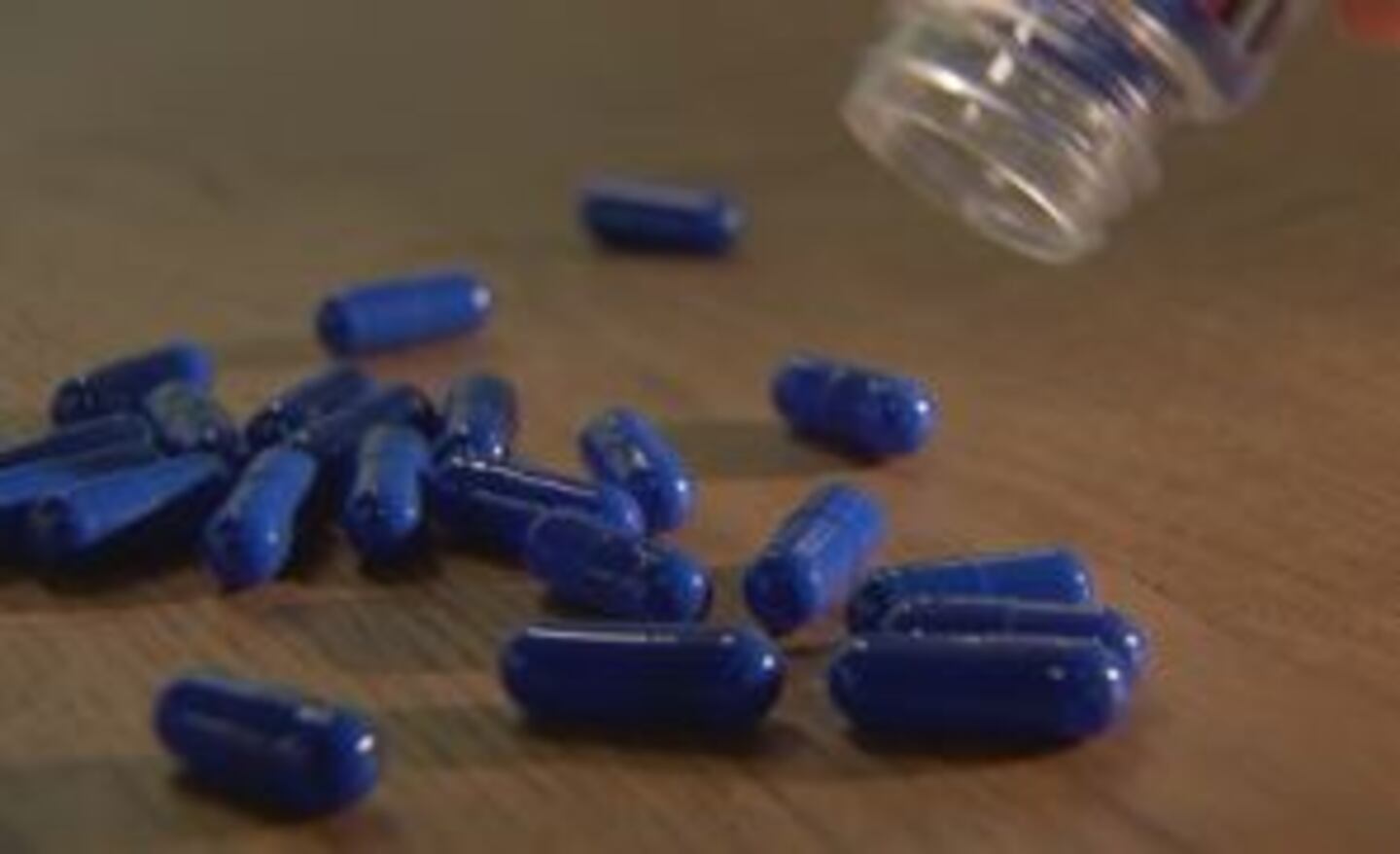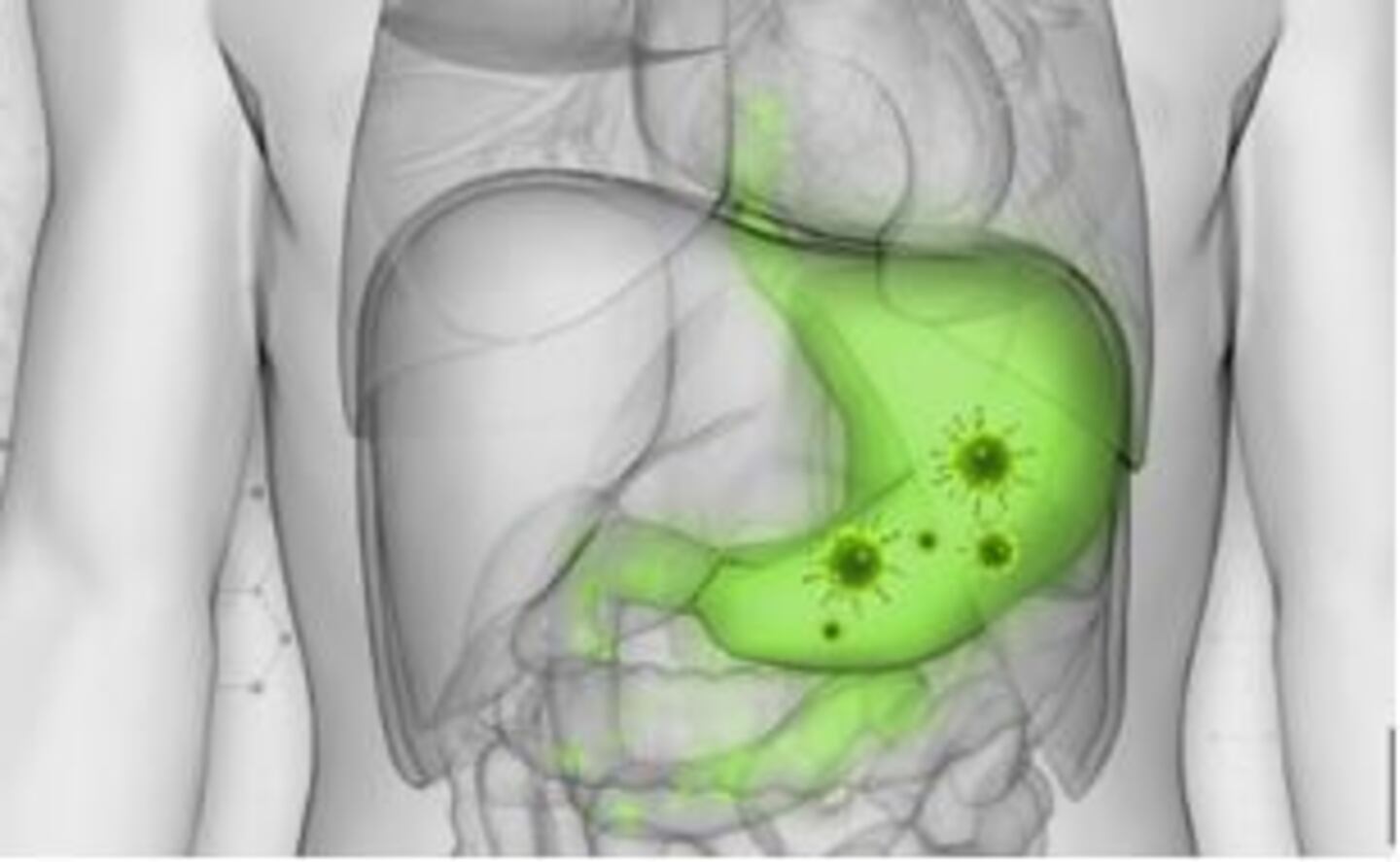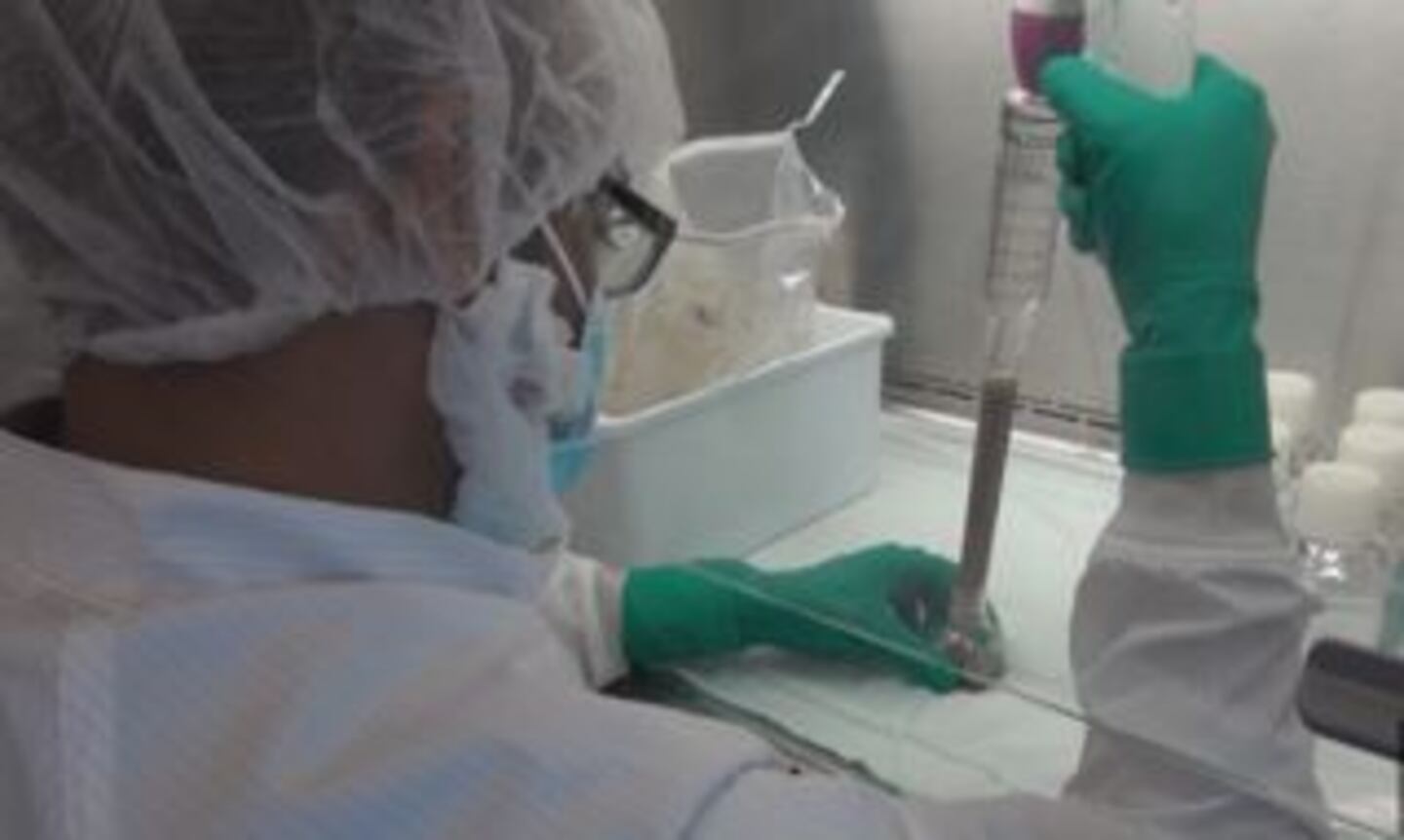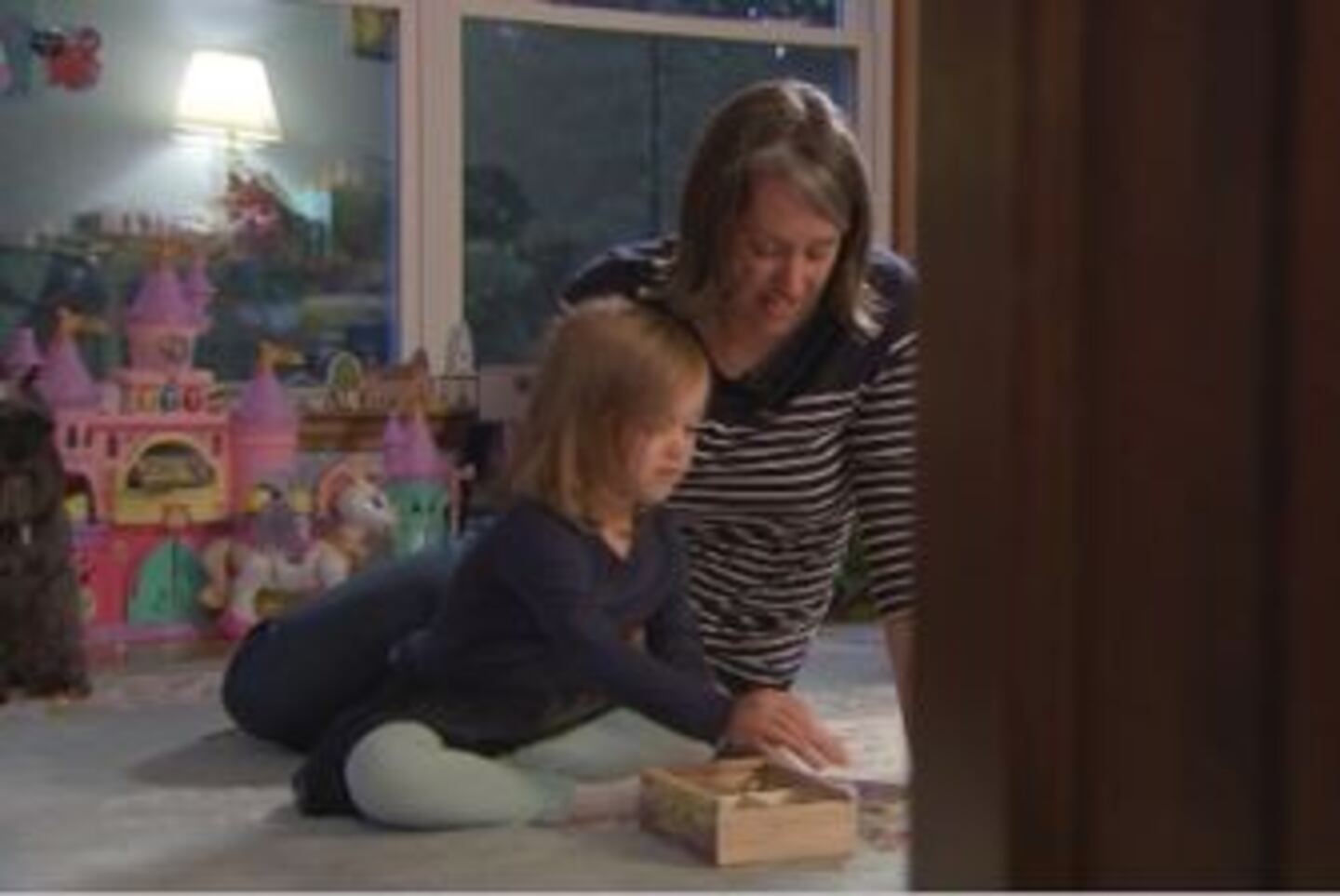BOSTON - Local researchers think they may have the answer to someday solving the deadliest kind of food allergy: peanut allergies. But the solution is not for the weak of stomach.
Participants in the study swallow pills filled with other people’s donated fecal matter.
Boston Children's Hospital Allergist and Immunologist, Dr. Rima Rachid, is studying how the community of bacteria that live in the gut, or "microbiome" may be triggering food allergies.
"We have strong evidence that changes in the gut microbiota can actually lead to allergic diseases," Dr. Rachid explained to Boston 25 News anchor Heather Hegedus.
There's evidence that when someone has a food allergy, gut bacteria send the wrong message about what the body should tolerate.
If taking a pill filled with someone else’s waste — a “poop pill” — could cure your child’s food allergy, would you give it a shot? My story is coming up on @boston25 news at 10 tonight! @BostonChildrens https://t.co/ZzYyy3BpCF…
— Heather Hegedus (@HeatherHegedus) November 20, 2018
"We looked at babies who were allergic and babies who were not allergic and we analyzed their microbiota and we found significant differences between the babies that were allergic and the babies that were not allergic," said Dr. Rachid.
The thought is by transplanting another person's healthy gut bacteria into someone with an allergy, the microbiome can be repaired and send healthy signals to the immune system to tolerate allergens like peanuts.
That transplant is done through someone else's fecal matter – in the form of a pill. Participants with confirmed allergies will take 36 "poop pills" over the course of 1 to 2 days and then repeat allergy testing. The exact dose is still being determined. Dr. Rachid explained this is only Phase 1 of the trial, to test whether the trial is safe. If all goes well, Phase 2 would be to test on children.
Boston 25 News spoke with OpenBiome, the Cambridge-based company that runs the fecal matter donor bank and produces the pills. The company says the pills are tasteless and odorless, and says donors go through a vigorous screening process. If they pass, stools are filtered, processed, encapsulated twice, and are frozen.
"Only 3 percent of people who apply to be our stool donors make it through the screening process," said Carolyn Edelstein, the Executive Director of OpenBiome. “On top of that, the donors who participated in this research followed a very strict peanut-free diet, " Edelstein added.
Dr. Rachid says so far, most participants in the trial have tolerated the pills. Possible side effects could include mild diarrhea or fever.
She says it could be life-changing for peanut allergy sufferers, because 80 percent of people who develop peanut allergies, won't outgrow them.
We asked Medfield mother Clair Pickering, whose daughter is allergic to peanuts and other tree nuts, if she'd give her 5-year-old daughter the pills. She said yes, but she might not give full disclosure.
"I probably would just call it 'medicine' and leave it at that,” said Pickering.
Dr. Rachid is still actively enrolling adults for the current safety trial being conducted at Boston Children's Hospital and has not released official results of the study yet.
Cox Media Group









